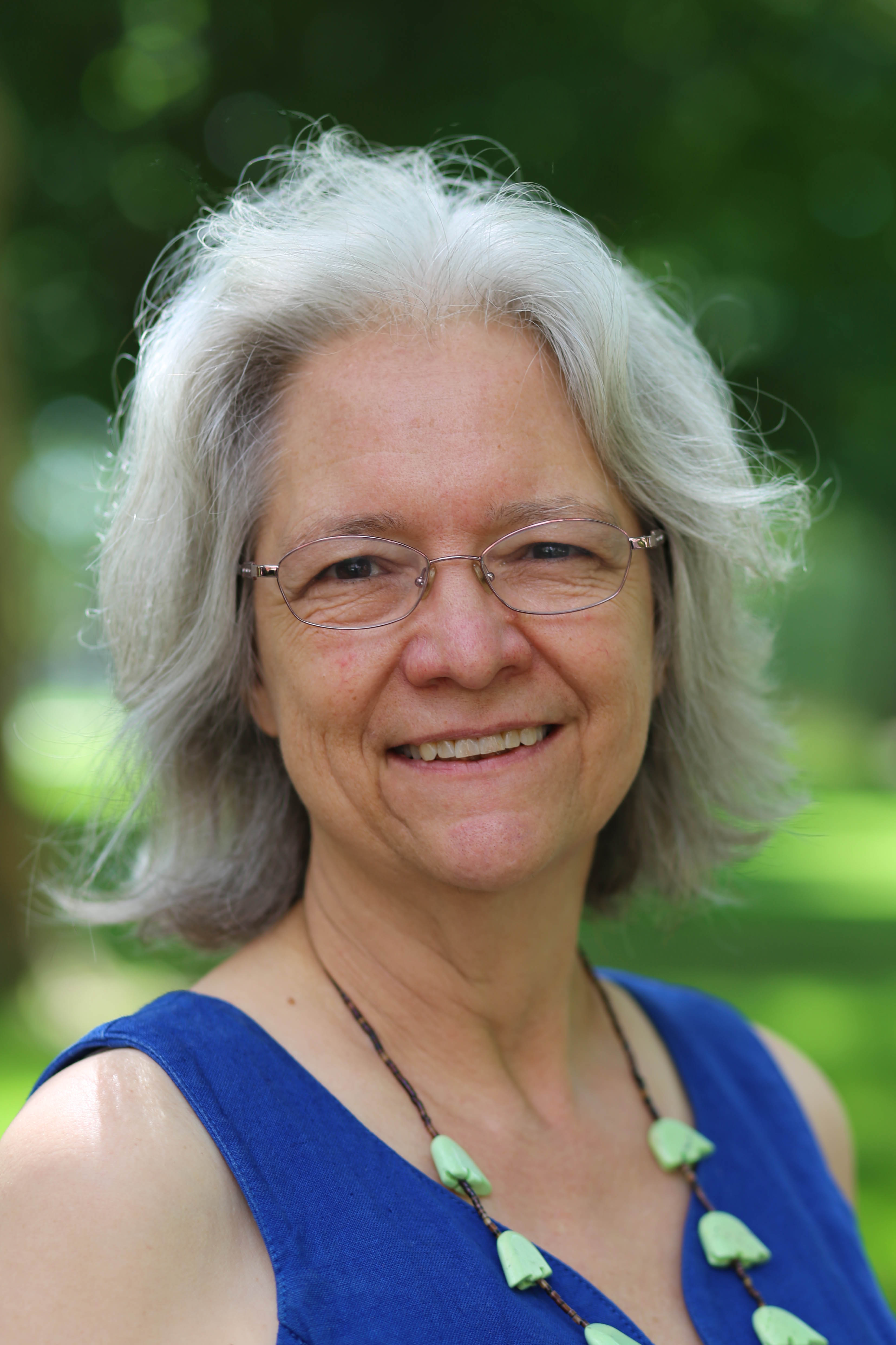In May of 2013, a dozen scholars[1] of Mennonite literature from the United States and Canada gathered in University Park, Pennsylvania for a three-day symposium on After Identity: Mennonite Writing in North America. The title evokes the paradox of studying literature in an ethnic or cultural context even as it references the series of Mennonite/s Writing conferences held in the US and Canada every few years since 1990. The premise of this gathering was to address a new turn in cultural studies: how to approach literary production by specific cultural groups after the identity-preoccupied discussions of the late twentieth century.
In addition to the editor, Robert Zacharias, participants included scholars Ervin Beck, Di Brandt, Daniel Shank Cruz, Jeff Gundy, Ann Hostetler, Julia Spicher Kasdorf, Royden Loewen, Jesse Nathan, Magdalene Redekop, Hildi Froese Tiessen, and Paul Tiessen. Each brought to the conference the draft of an essay on writers, literary works and critical approaches of their own choosing. Each also prepared a response to a draft essay by another participant.
In addition, the organizers of the symposium, Kasdorf (Professor of Creative Writing at Penn State which hosted the conference), and Zacharias (Assistant Professor at York University), arranged for an array of scholars from the Penn State English Department to respond to the essays as well. This included specialists on Jewish, Asian American, American Ethnic, and Queer literatures Benjamin Shreier, Tina Chen, Toni Jensen, Hester Blum and Chris Castiglia. This supported a rich and multi-faceted conversation that helped to develop common threads between the essays and push the writers to reach an audience of scholars who write about identity in a wider context. A reading by Stephen Raleigh Byler from his memoir in progress and a screening and discussion of the film Silent Light offered further provocations.
The resulting volume was co-published by the Pennsylvania State University Press in 2015 (hardcover) and the University of Manitoba Press in 2016 (softcover). The essays cover a wide array of approaches but all speak to each other through the common theme. And although the title begs the question of identity (as if we could, in fact, leave it behind),most of the essays still address identity through various lenses.
Mennonite literature has been a well-known entity in Canada for several decades; the publication of this volume, however, marks the first critical work on Mennonite literature published by a secular university press.
For this issue, The Journal of CMW asked two scholars—Jan Schroeder and Margaret Steffler—to reflect on this landmark publication. Also featured is an essay, “Crochet,” by Connie Braun, from her forthcoming collection of creative essays, and three poems from her recent poetry collection, Unspoken: An Inheritance of Words. As the author of the memoir, The Steppes are the Color of Sepia, and a poet, Braun's focus on the transmission of cultural memory complements the critical theme of the issue. Concluding the issue is a reflection on poetry as memoir, focusing on Braun's Unspoken, by Micah Towery, author of the poetry collection, Whale of Desire.
The Issue also offers an appendix of works by Mennonite writers published in 2016.
[1] One attended virtually.
